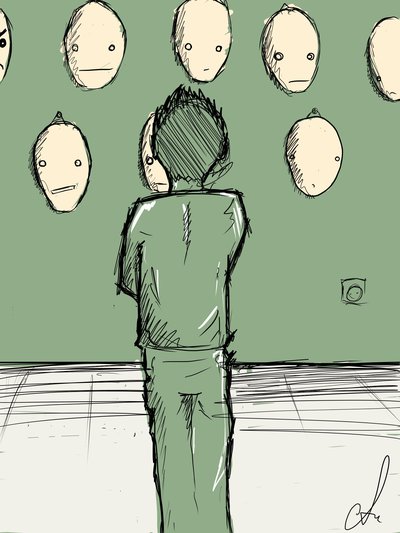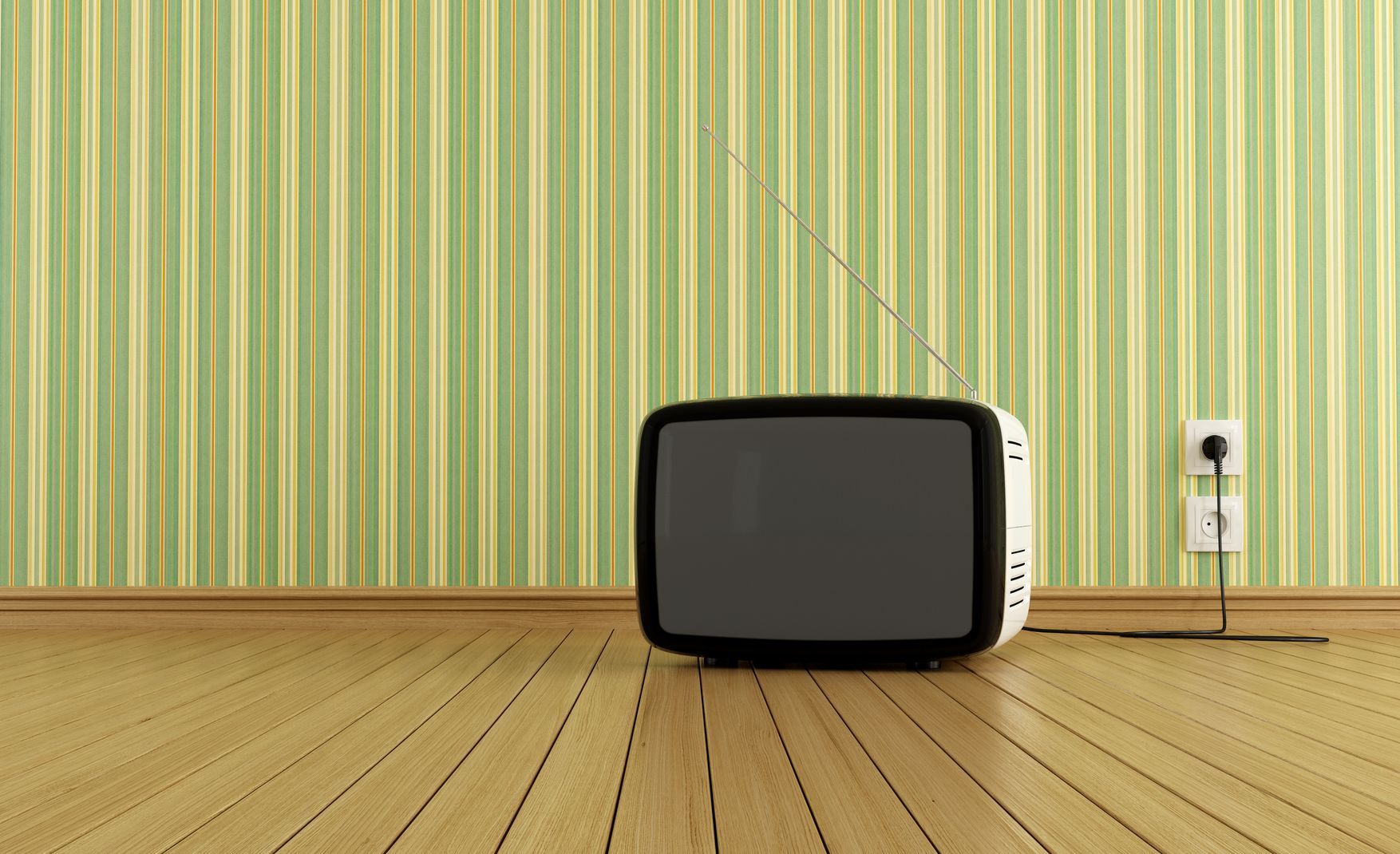This week I got to be in my first ever film: a four-minute epic about Victorian widows, made for BBC Arts as part of the AHRC/ BBC Radio 3 New Generation Thinkers scheme. Not exactly prime time TV. In fact, not TV at all. It’ll be available online only. Though it’s a really short piece – and I’m not even on screen for all of it – this project triggered some major anxiety in me over the two weeks preceding the shoot.
 I wasn’t sure if I should blog about this or not, mainly because I’m conscious that, to some of you, it’ll read like humblebragging. But this post’s message is not “oh look I made a film and I was really terrified, but oh look I made a film”. The reason I want to write about this experience is that it was the first occasion in my life where an aspect of my mental health almost interfered with my work. I’ve struggled with anxiety in the past, but it has never really kept me from doing my work, or from doing it to a standard with which I was happy. Over the past couple of years, I’ve also learned to manage it pretty well, and it’s become less and less of an issue. Yet, as exciting as this opportunity to translate my research into a short film was, it also repeatedly reduced me to a sobbing mess on the verge of dropping out of the whole project.
I wasn’t sure if I should blog about this or not, mainly because I’m conscious that, to some of you, it’ll read like humblebragging. But this post’s message is not “oh look I made a film and I was really terrified, but oh look I made a film”. The reason I want to write about this experience is that it was the first occasion in my life where an aspect of my mental health almost interfered with my work. I’ve struggled with anxiety in the past, but it has never really kept me from doing my work, or from doing it to a standard with which I was happy. Over the past couple of years, I’ve also learned to manage it pretty well, and it’s become less and less of an issue. Yet, as exciting as this opportunity to translate my research into a short film was, it also repeatedly reduced me to a sobbing mess on the verge of dropping out of the whole project.
So I’m writing this post because I know many of you have similar issues. Issues which may slowly but surely be affecting what opportunities you do or don’t take advantage of or create for yourselves. Given how excited I was – and still am – about the whole New Generation Thinkers thing, it’s scary to think something that’s entirely in my own head almost jeopardised a pretty unique and exciting opportunity.
I’ve always been self-conscious and insecure about the way I look, and while it’s become a lot better over the past few years, it’s not exactly been helped by gaining 20kg since starting my first permanent job, or by the fact that my parents have always openly judged and criticised me based on my appearance, and still do so to this day.
 I knew I was going to enjoy the actual process of writing the script and shooting the film. That wasn’t the issue. What sent me over the proverbial edge was the idea of the film – and me – being online for everyone to see. I won’t go into detail about the kind of negative thought patterns that this notion kicked off, but it wasn’t a nice place to be. I felt so uncomfortable about it all that I couldn’t write the 800 word script until a couple of days before we were going to film. I even told my producer how much I was struggling and that I really wasn’t sure I could do it.
I knew I was going to enjoy the actual process of writing the script and shooting the film. That wasn’t the issue. What sent me over the proverbial edge was the idea of the film – and me – being online for everyone to see. I won’t go into detail about the kind of negative thought patterns that this notion kicked off, but it wasn’t a nice place to be. I felt so uncomfortable about it all that I couldn’t write the 800 word script until a couple of days before we were going to film. I even told my producer how much I was struggling and that I really wasn’t sure I could do it.
There was no miraculous turning point where I realised I was worried about nothing. But I did manage to rationalise the situation. One thing that helped immensely was imagining what I would say if a female student came to me with the same concerns. What would I tell her? I would remind her that she is an intelligent woman with something very interesting to say. That her appearance is part of what makes her the unique, amazing person she is, and that she should embrace who she is, physically and psychologically.
It’s not hypocritical for me to have the fears that plagued me before the shoot – identifying as a feminist and being a lecturer doesn’t all in a sudden lift all those deeply engrained worries and insecurities, but it does give you the tools to analyse, rationalise, and address them. What did seem hypocritical was not to take my own advice.
I am an intelligent woman. I have something interesting to say. Those were the things of which I kept reminding myself when I could feel anxiety beginning to rear its ugly head. I wondered how many of our well-known male historians and documentary presenters have these kinds of fears when they are making their programmes. Probably not that many, to be fair. And even if they do: history tells us they can rest assured that no one will even waste a single word on their appearance.
 Most importantly, if I dropped out of the project then what would that say about me? It would have been a passive confirmation that people like me don’t belong on screen, for whatever reason. I would have been living evidence that women should self-police their bodies, and know when not to flaunt them in public. It would have suggested that no matter what I had to say or how intelligent I was or how well I could communicate my ideas, they shouldn’t be broadcast because my appearance was somehow not up to scratch.
Most importantly, if I dropped out of the project then what would that say about me? It would have been a passive confirmation that people like me don’t belong on screen, for whatever reason. I would have been living evidence that women should self-police their bodies, and know when not to flaunt them in public. It would have suggested that no matter what I had to say or how intelligent I was or how well I could communicate my ideas, they shouldn’t be broadcast because my appearance was somehow not up to scratch.
And all this came from me. From my own head. From things I have internalised throughout my life.
Of course I did make the film. I would have regretted missing out on the opportunity, more so than I will lament how I look on camera in the end. Don’t get me wrong: it’ll be quite a task to watch the video once it’s online, and I’m very conscious that this will take all sorts of coping strategies if I don’t want to be a mess and curled up on the couch for at least a week. But then I’ve tackled a lot of challenges over this past year, and I’m still alive and well. After all, it can’t be any harder than dating, right?
Glad you over came your fear and made the film. Thanks for sharing the experience Nadine.